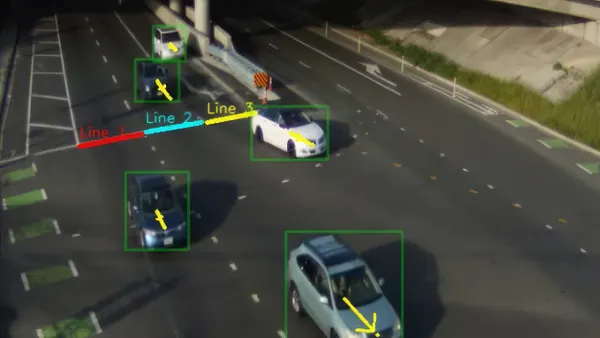Dive Brief:
- Hertz has begun selling some 20,000 electric vehicles from its U.S. rental fleet, according to a Jan. 11 filing with the Securities and Exchange Commission, representing about a third of the company’s total electric vehicles.
- The company will spend a portion of the proceeds from EV sales on the purchase of internal combustion engine vehicles “to meet customer demand,” the filing states.
- Other factors influenced Hertz’s decision as well. The company cited “expenses related to collision and damage, primarily associated with EVs,” in its SEC filing along with higher depreciation “as residual values for vehicles generally fell throughout the quarter greater than previously expected.”
Dive Insight:
Hertz announced in October 2021 that it would buy 100,000 Tesla vehicles, tapping football superstar Tom Brady for an advertising campaign and declaring itself “The New Hertz.” The company subsequently said it planned to order up to 175,000 electric vehicles from General Motors over five years and up to 65,000 EVs from Polestar over five years.
In 2022, Hertz and BP’s EV charging business BP Pulse signed a deal to build out a national network of EV fast-charging stations for use by rental customers, taxi and ride-share drivers, and the general public. The company said at the time that it wanted 25% of its fleet to be electric vehicles by the end of 2024.
Throughout 2023, Hertz partnered with mayors from Orlando, Atlanta, Houston, Denver and New York City to bring EVs and charging stations to those cities. But rental customers weren’t as interested as Hertz expected. According to CNBC, the “demand that did arise tended to come from customers who were already Tesla or EV owners.”
The move comes as major U.S. automakers are trimming their investments in EV production. While sales of electric vehicles continue to increase in the U.S., growth is slowing, Cox Automotive said. Electric vehicles are expensive, and consumers are wary about range, battery capacity and the availability of charging stations, says a Jan. 9 McKinsey survey.
However, Hertz said it is committed to its strategy around electric vehicles and efforts to support the remaining fleet. “These initiatives include the expansion of EV charging infrastructure, growing relationships with EV manufacturers, particularly related to more affordable access to parts and labor, and continued implementation of policies and educational tools to help enhance the EV experience for customers,” the company said in its SEC filing.











